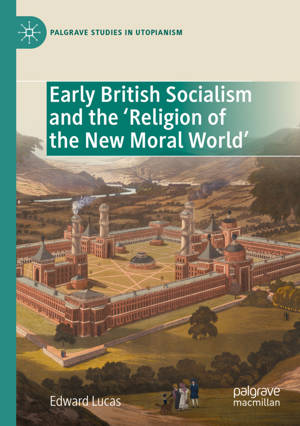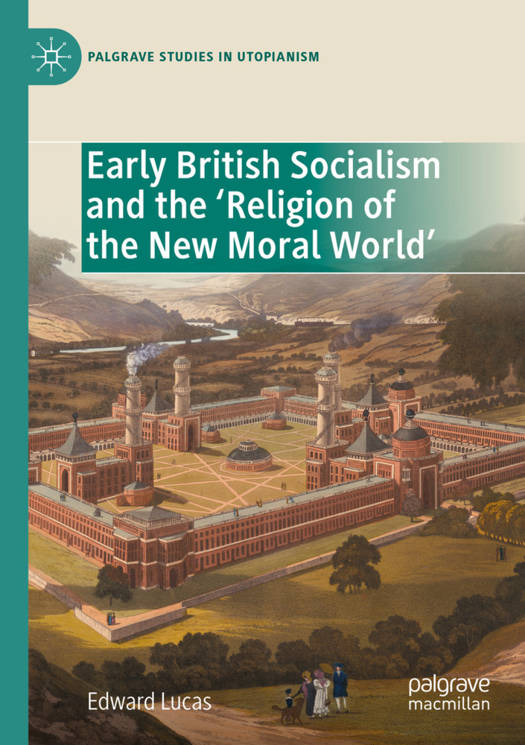
- Retrait gratuit dans votre magasin Club
- 7.000.000 titres dans notre catalogue
- Payer en toute sécurité
- Toujours un magasin près de chez vous
- Retrait gratuit dans votre magasin Club
- 7.000.000 titres dans notre catalogue
- Payer en toute sécurité
- Toujours un magasin près de chez vous
Early British Socialism and the 'Religion of the New Moral World'
Edward LucasDescription
This book challenges existing accounts of the role of religion in early-nineteenth-century British socialism. Against scholarly interpretations which have identified Owenite socialists as anti-religious or as imitating Christianity, this book argues that Owenites offer a re-conception of the nature of 'religion' as advanced through knowledge of the natural and social world, as a prospective source of solidarity which could serve as the unifying bond for communities, and as constituted by ethical conduct. It shows how this re-conception was formed through a sincere and considered reflection upon the problem of religious truth and was shaped by the particular religious context of early-nineteenth-century Britain. It then demonstrates the importance of this reimagination of religion to their understanding of socialism. Their religious interests were not an eccentric adornment to their socialism, an outdated residue yet to be shed and encumbering the development of a mature socialism, or merely instrumental to their temporal goals. Instead, Owenite ambitions of religious reform were grounded in the philosophical preoccupations which animated their socialism.
Spécifications
Parties prenantes
- Auteur(s) :
- Editeur:
Contenu
- Nombre de pages :
- 278
- Langue:
- Anglais
- Collection :
Caractéristiques
- EAN:
- 9783031239427
- Date de parution :
- 28-04-24
- Format:
- Livre broché
- Format numérique:
- Trade paperback (VS)
- Dimensions :
- 148 mm x 210 mm
- Poids :
- 371 g







